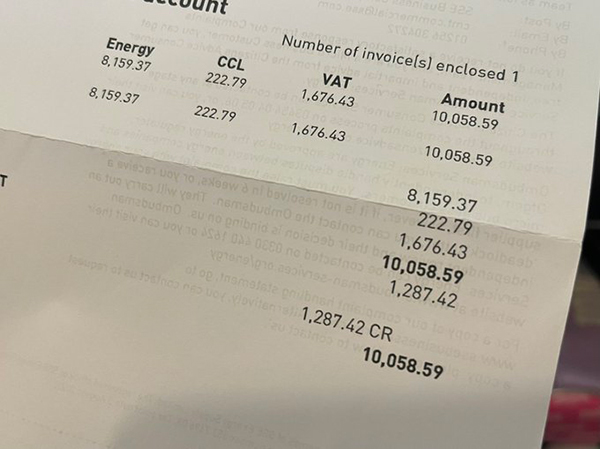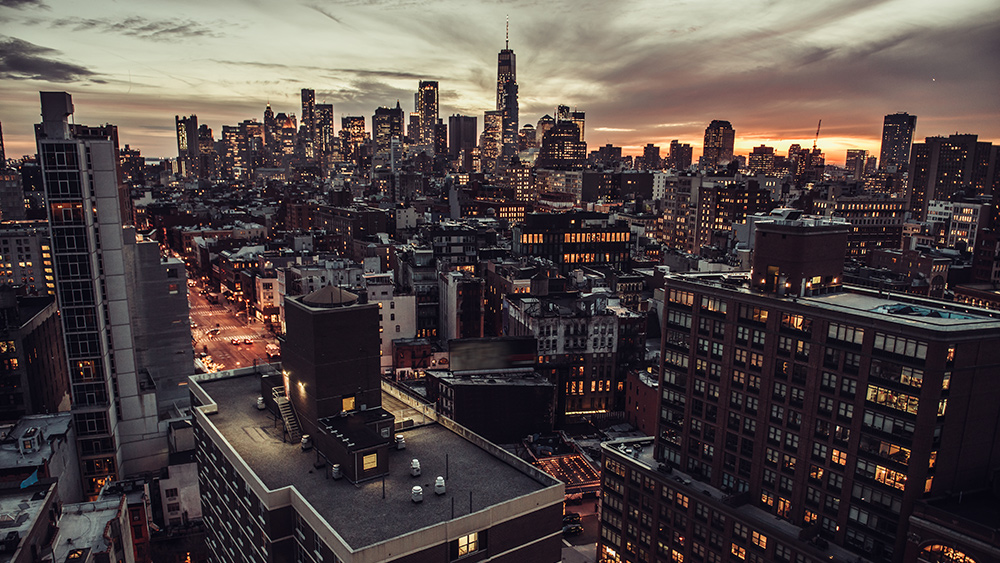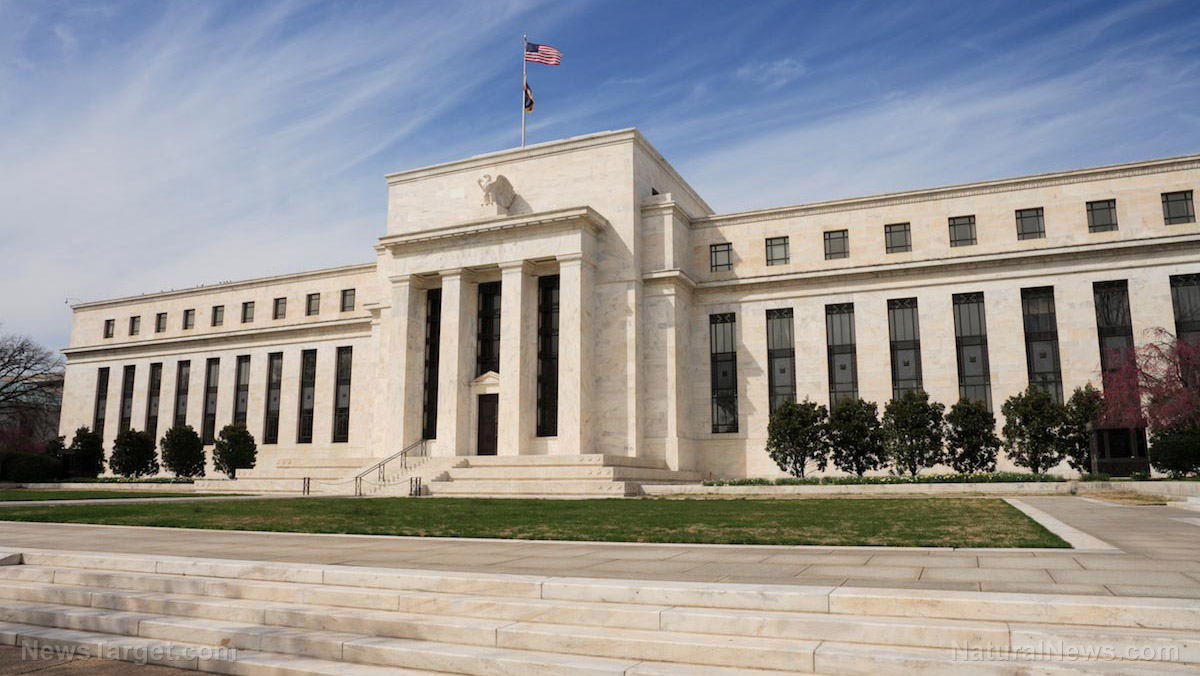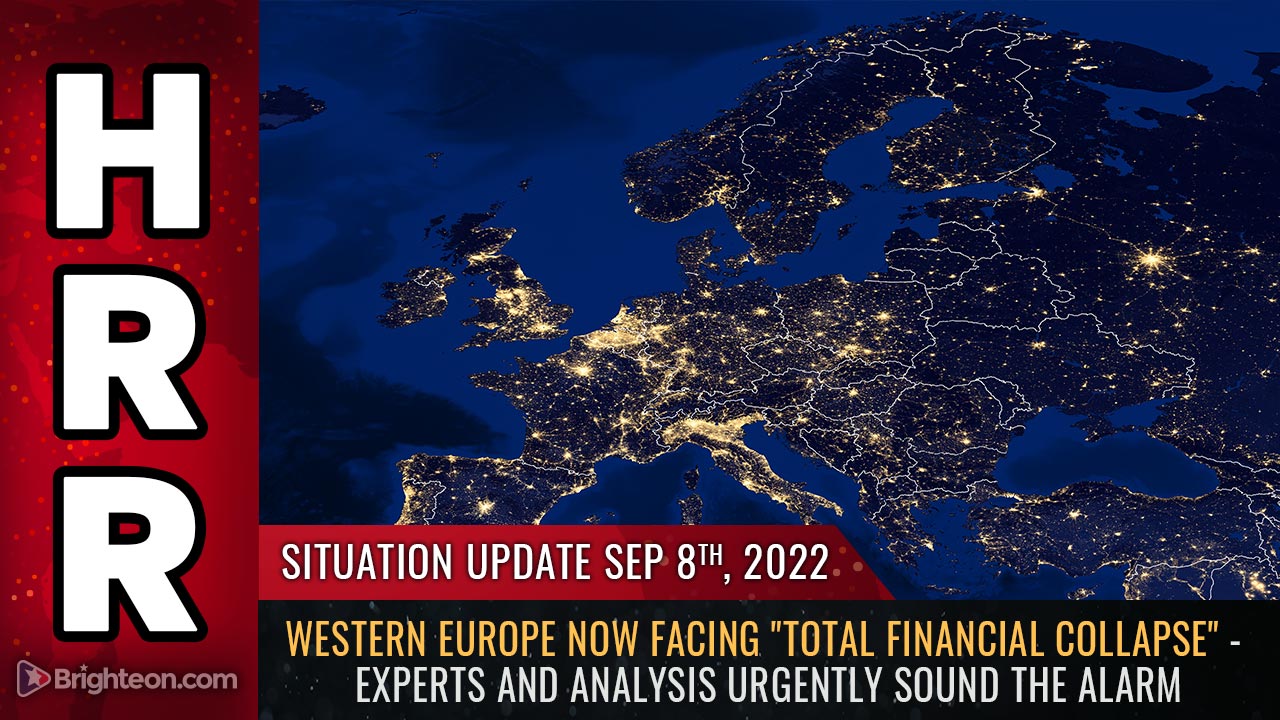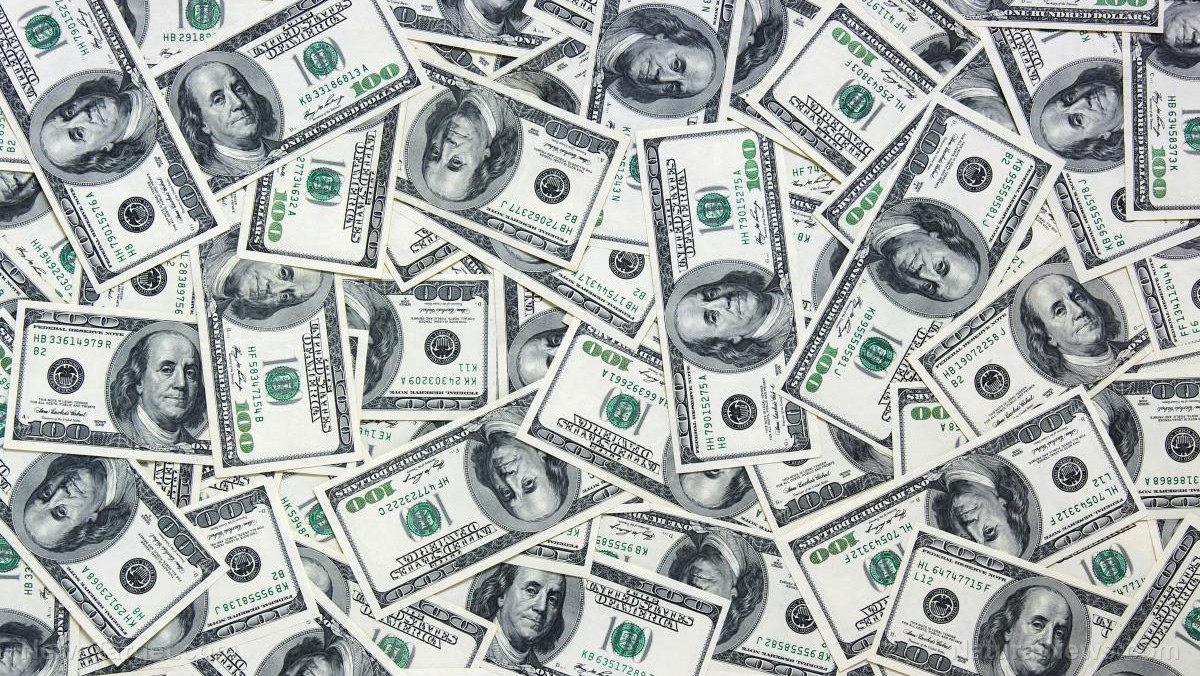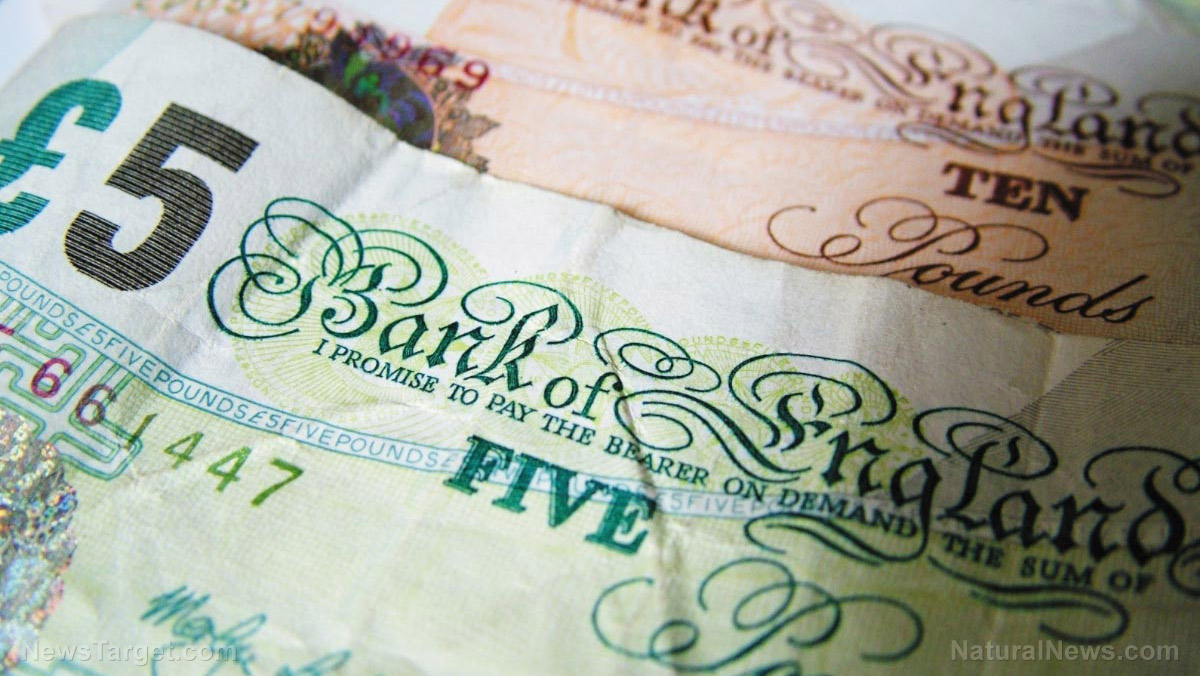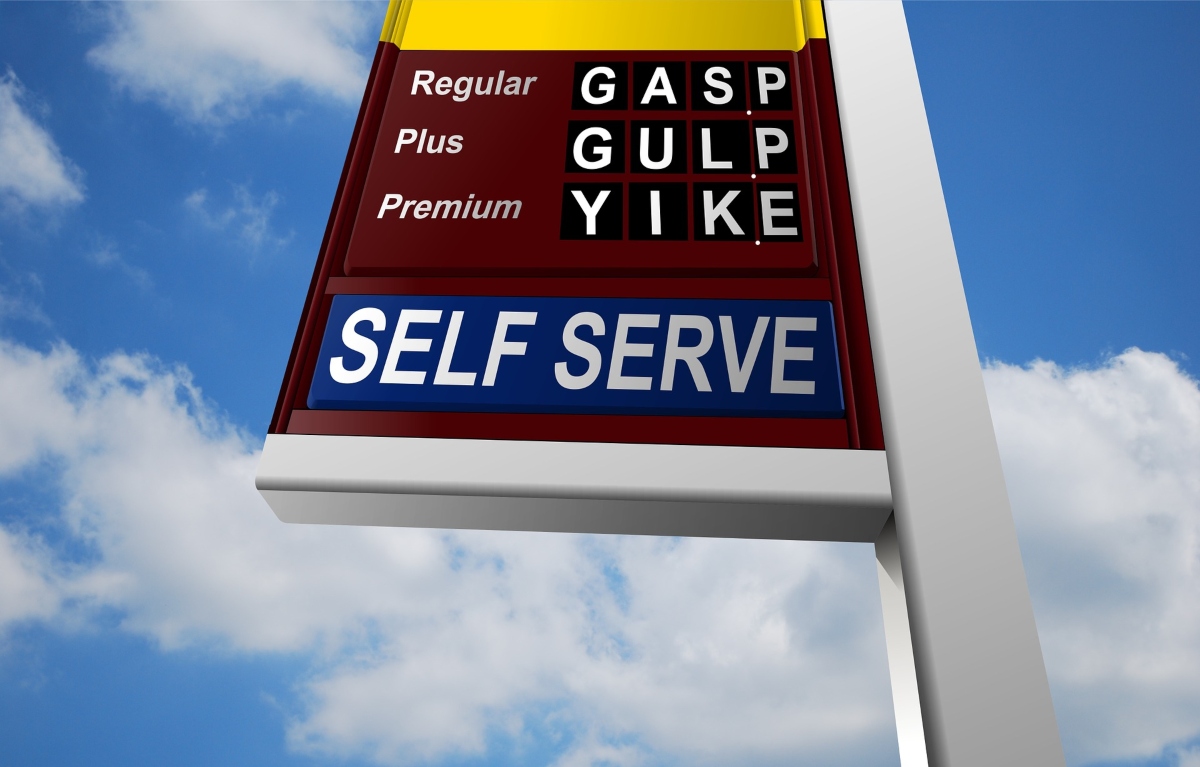30-year fixed mortgages surge above 6% for the first time since 2008 as market reacts to Fed rate hikes
06/15/2022 / By Arsenio Toledo

Mortgage rates have surged this week as fears of the Federal Reserve enacting more aggressive interest rate increases upset American financial markets.
According to Mortgage News Daily (MND), the average rate on 30-year fixed mortgages, the most popular kind of mortgage in America today, rose by 10 basis points to 6.28 percent on Tuesday, June 14. This followed a jump of 33 basis points the previous day. One basis point is 0.01 percent.
As of press time, this record-high mortgage rate has since dropped slightly to about 6.18 percent, but this is still nearly a full percentage point higher than last week’s rate for 30-year fixed mortgages of 5.55 percent.
This is the first time mortgage rates have moved above six percent since 2008. This is also the worst jump in mortgage rates since July 5, 2013, when mortgage rates experienced what MND Chief Operating Officer Matthew Graham described as a “taper tantrum,” when investors sent Treasury yields soaring after the Fed said it would slow down its purchases of bonds.
“The difference back then was that the Fed had simply decided it was time to finally begin unwinding some of the easy policies put into place after the financial crisis,” said Matthew Graham, chief operating officer for MND. “This time around, the Fed is in panic mode about runaway inflation. And today specifically, it’s the market that’s panicked about the Fed’s potential panic at the upcoming meeting and policy announcement.” (Related: Wall Street analysts: Fed to hike interest rates more aggressively in bid to address soaring inflation.)
Mortgage rates likely to remain high
Robert McNab, an economics professor at Old Dominion University in Norfolk, Virginia, warned that mortgage rates could go up by another 50 basis points (0.50 percent). “But only in times of economic uncertainty or near crisis levels will they go up 75 or 100 basis points,” he said.
“We’ve seen mortgage rates already turned upward past five percent on average from the low which was below three percent on average. And we should expect that 30-year mortgages are going to trend toward six percent in the coming months rather than trend back down.”
He blamed this increase on the Federal Reserve, which is “charging banks more for their money, as well as containing money supply.”
“Home mortgage rates are forward-looking. So banks are essentially saying, ‘What is the average rate of return I need to make money?’ That’s why 30-year mortgages are rising before the Federal Reserve increases its rate,” said McNab.
Mortgage rates have also doubled since the start of the year, making housing far less affordable, especially for first-time home buyers.
“Along with MBS [mortgage-backed securities] yields, the 30-year fixed mortgage rate surged 60 basis points in the past two days, as investors wrestled with the implications of Friday’s [consumer price index] report,” wrote Stephen Kim, homebuilding analyst for investment banking advisory firm Evercore ISI.
The stock market also reacted to the surge in mortgage rates. Homebuilding stocks declined on Monday and many now trade at or below book value. Andrew Bary, writing for Barron’s, noted that this could signal that homebuilding stocks are near a bottom, “since book value likely is a conservative liquidation value for companies that remain highly profitable.”
For a 30-year fixed mortgage of $400,000, a six percent rate translates into monthly payments of around $2,400 a month. This is significantly higher than the $1,700 first-time home buyers would have spent at the end of 2021, when rates were around three percent.
“This abrupt, disruptive move higher in mortgage rates could temporarily drive demand below even the depressed level of supply that exists in many markets, as home buyers acclimate to this new level of borrowing costs,” wrote Kim.
Read more related stories at MarketCrash.news.
Watch this episode of “World Alternative Media” as host Josh Sigurdson discusses how the collapse of the housing market is part of the globalist Great Reset agenda to enslave the population.
This video is from the World Alternative Media channel on Brighteon.com.
More related articles:
Average rent prices in the US surpass $2,000 amid inflation and rising mortgage interest rates.
Average monthly apartment rent surges to all-time high $2,000, real estate firm reveals.
Here it comes: All signs point to Housing Bubble 2.0 amid widening price, income gap.
Sources include:
Submit a correction >>
Tagged Under:
Bubble, chaos, Collapse, debt collapse, economic collapse, economy, finance, financial crash, housing crisis, Housing Market, Inflation, market crash, money supply, mortgages, panic, Real Estate, risk
This article may contain statements that reflect the opinion of the author
RECENT NEWS & ARTICLES
COPYRIGHT © 2017 RISK NEWS


